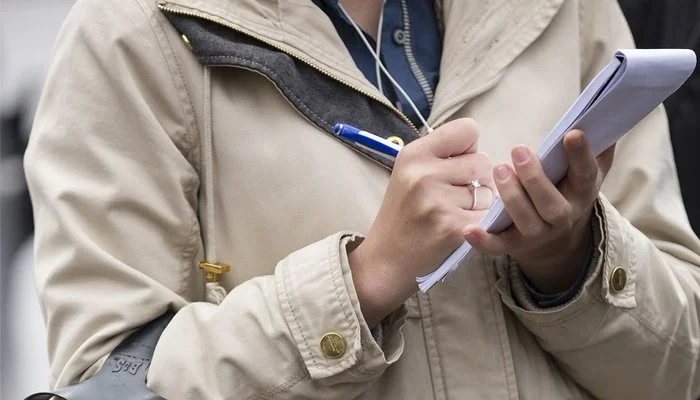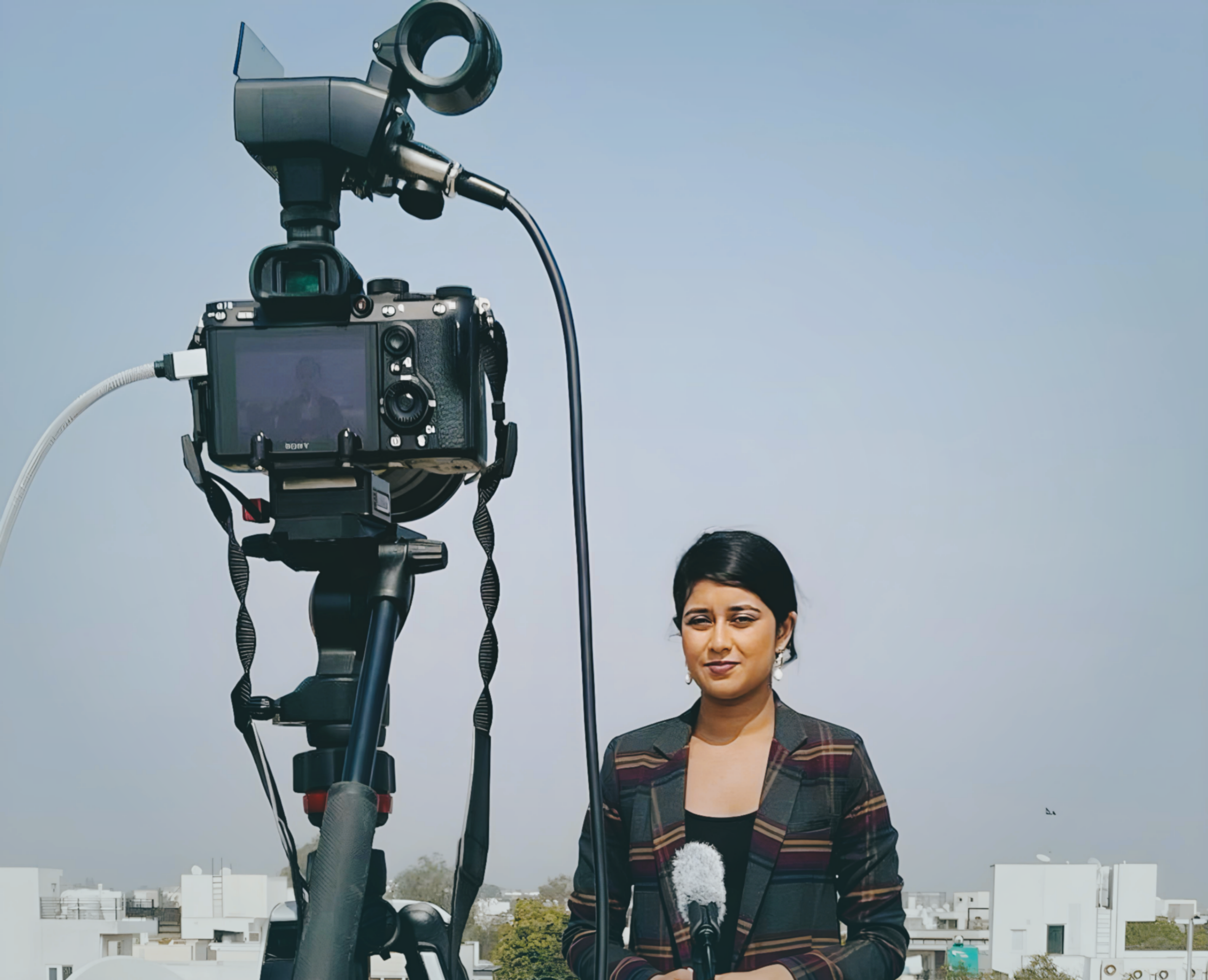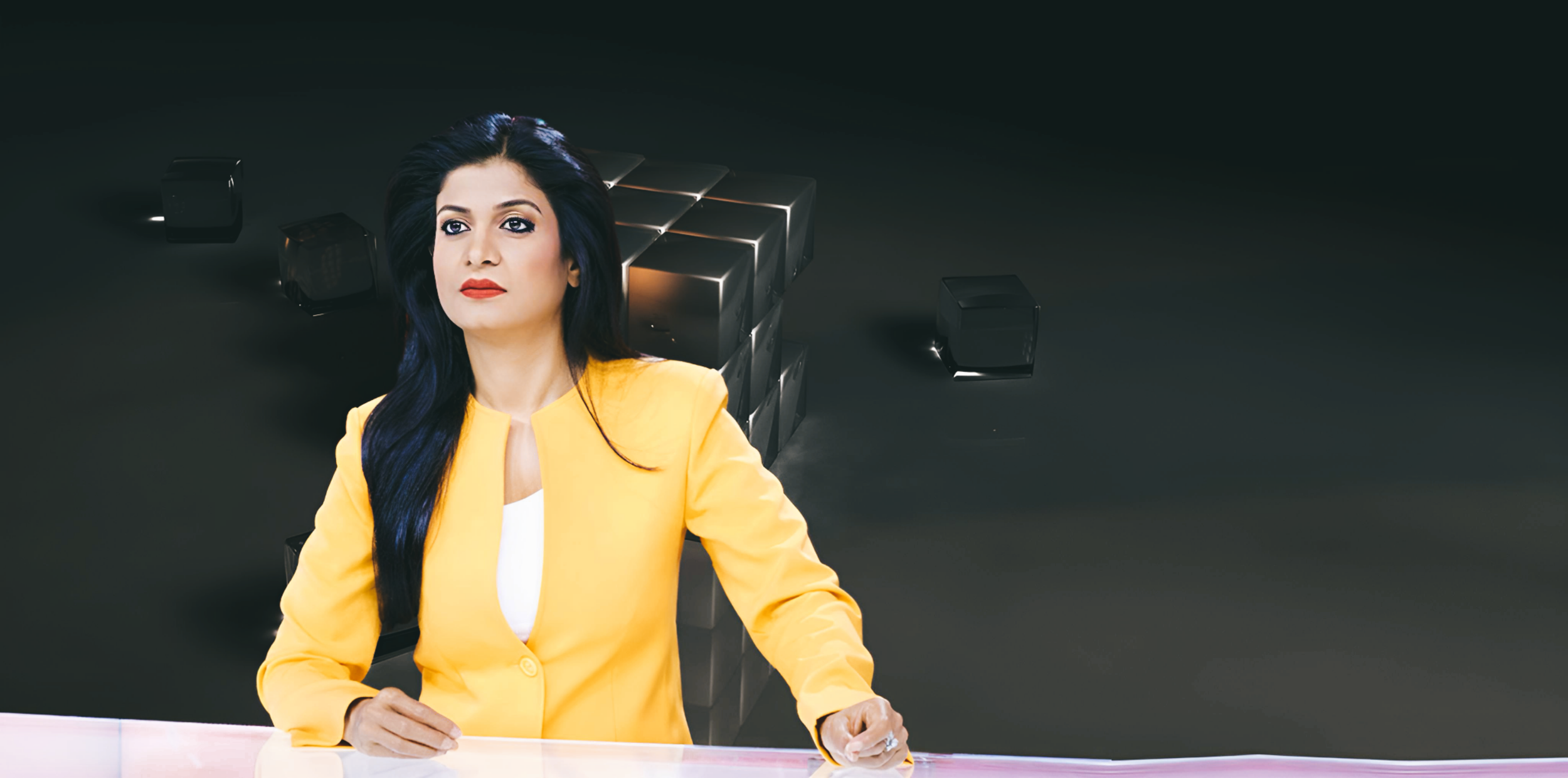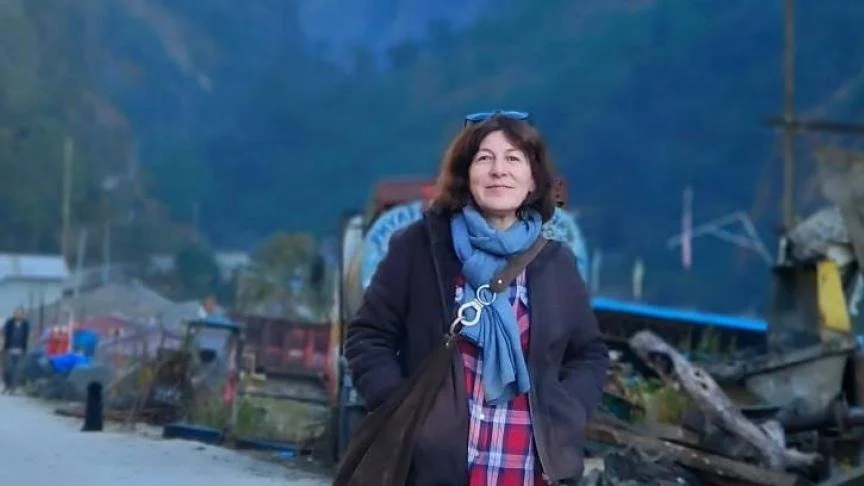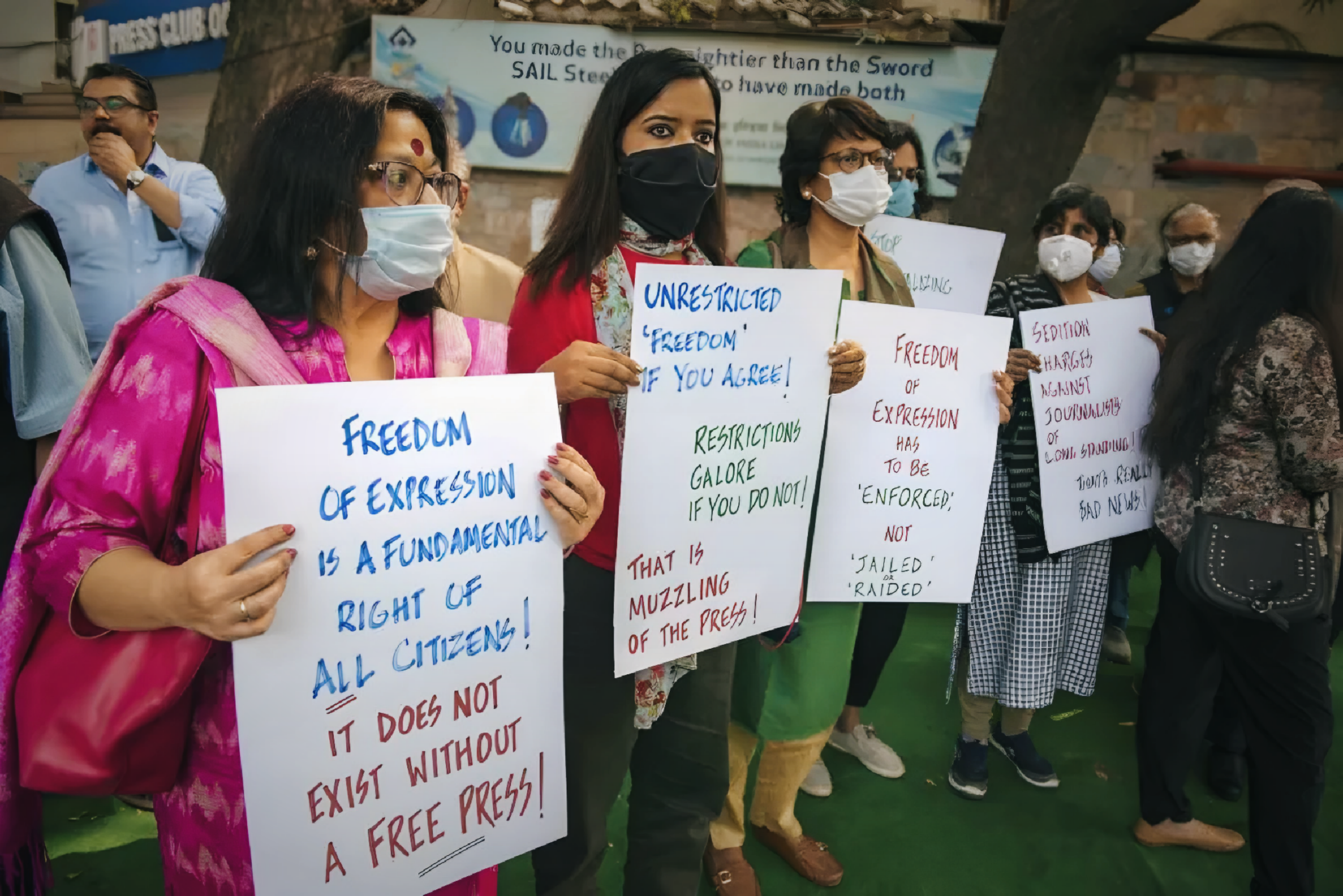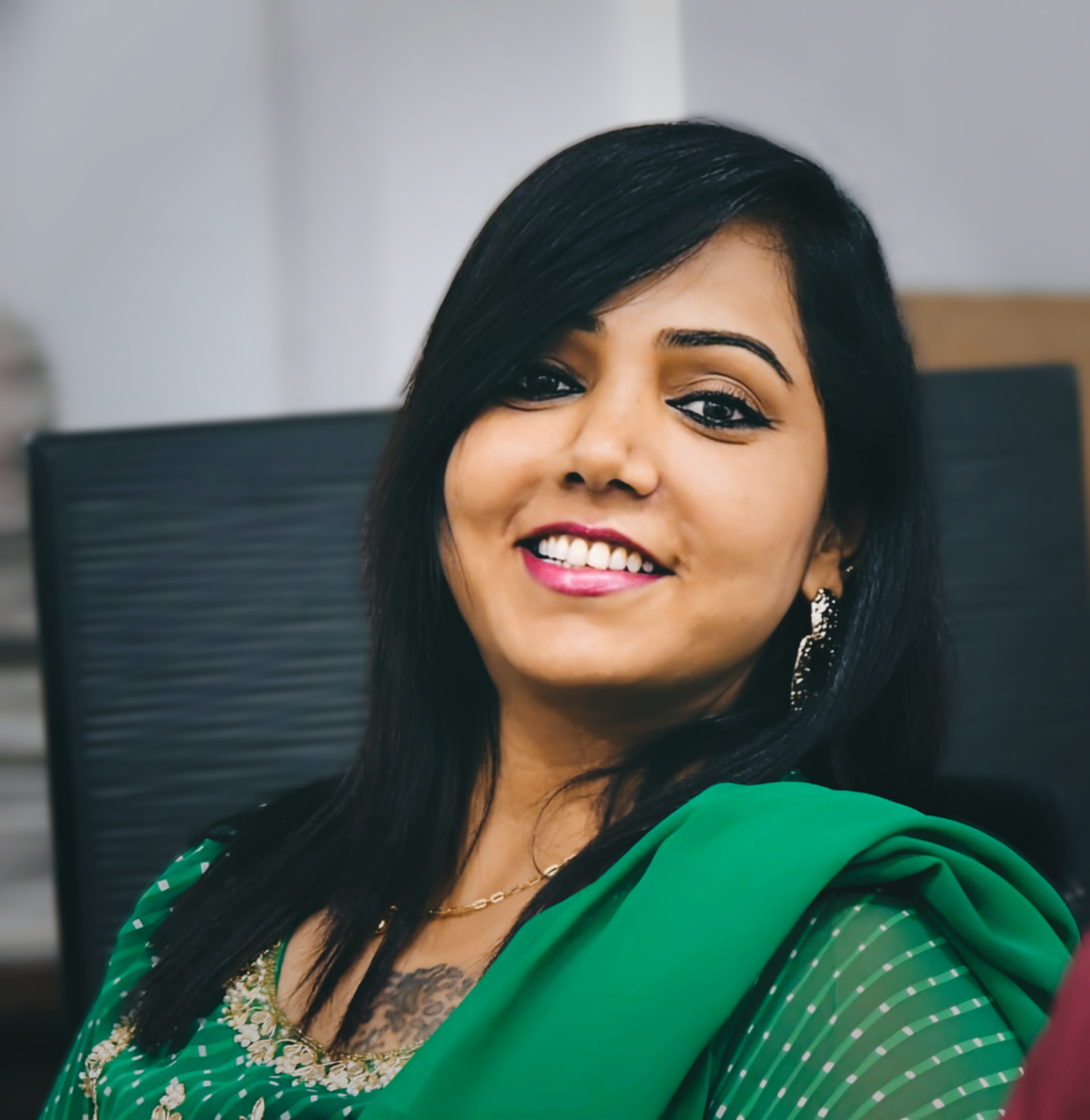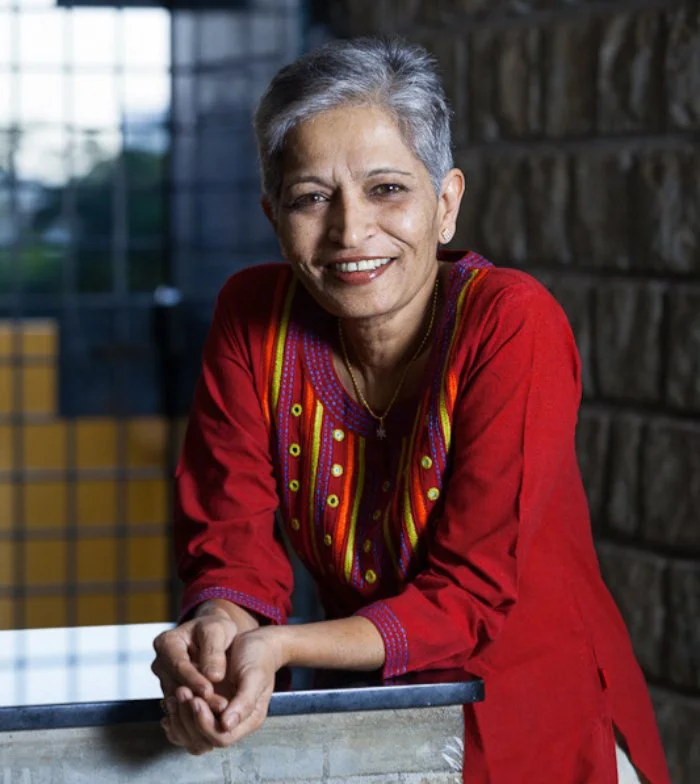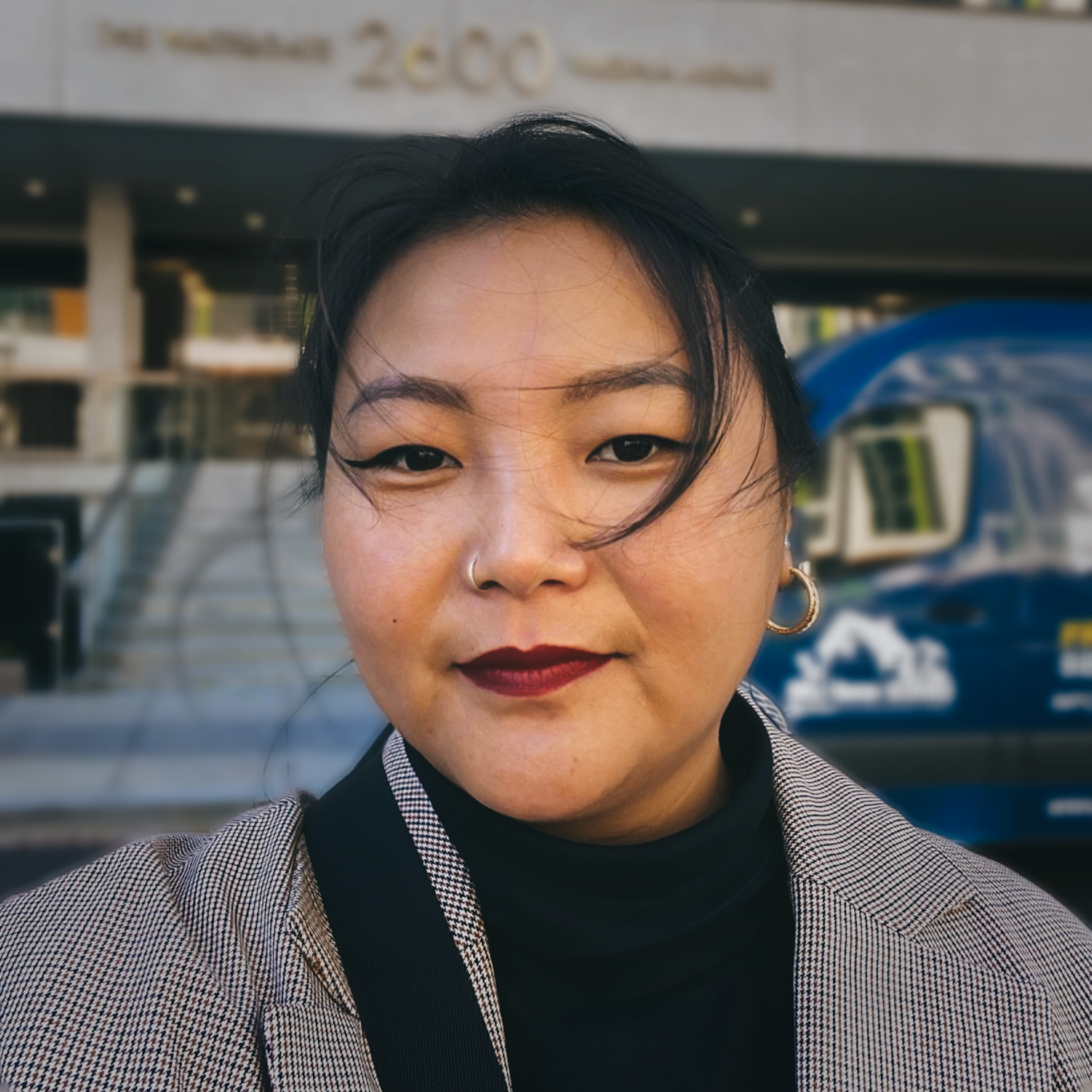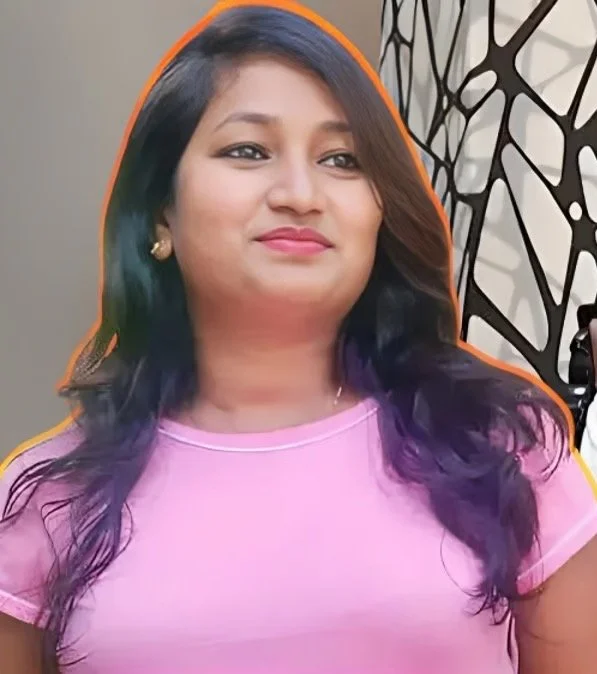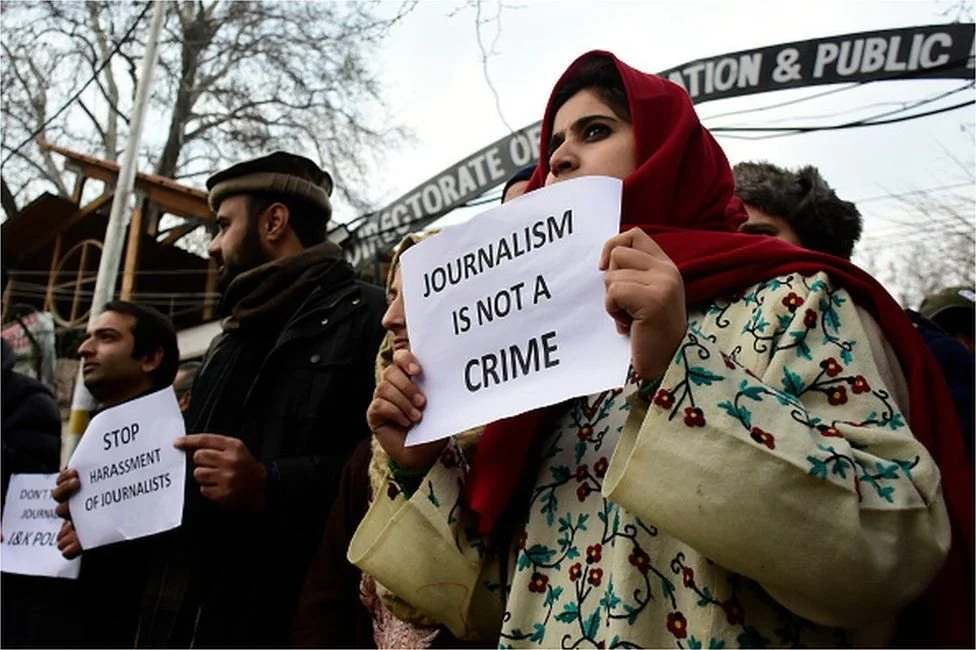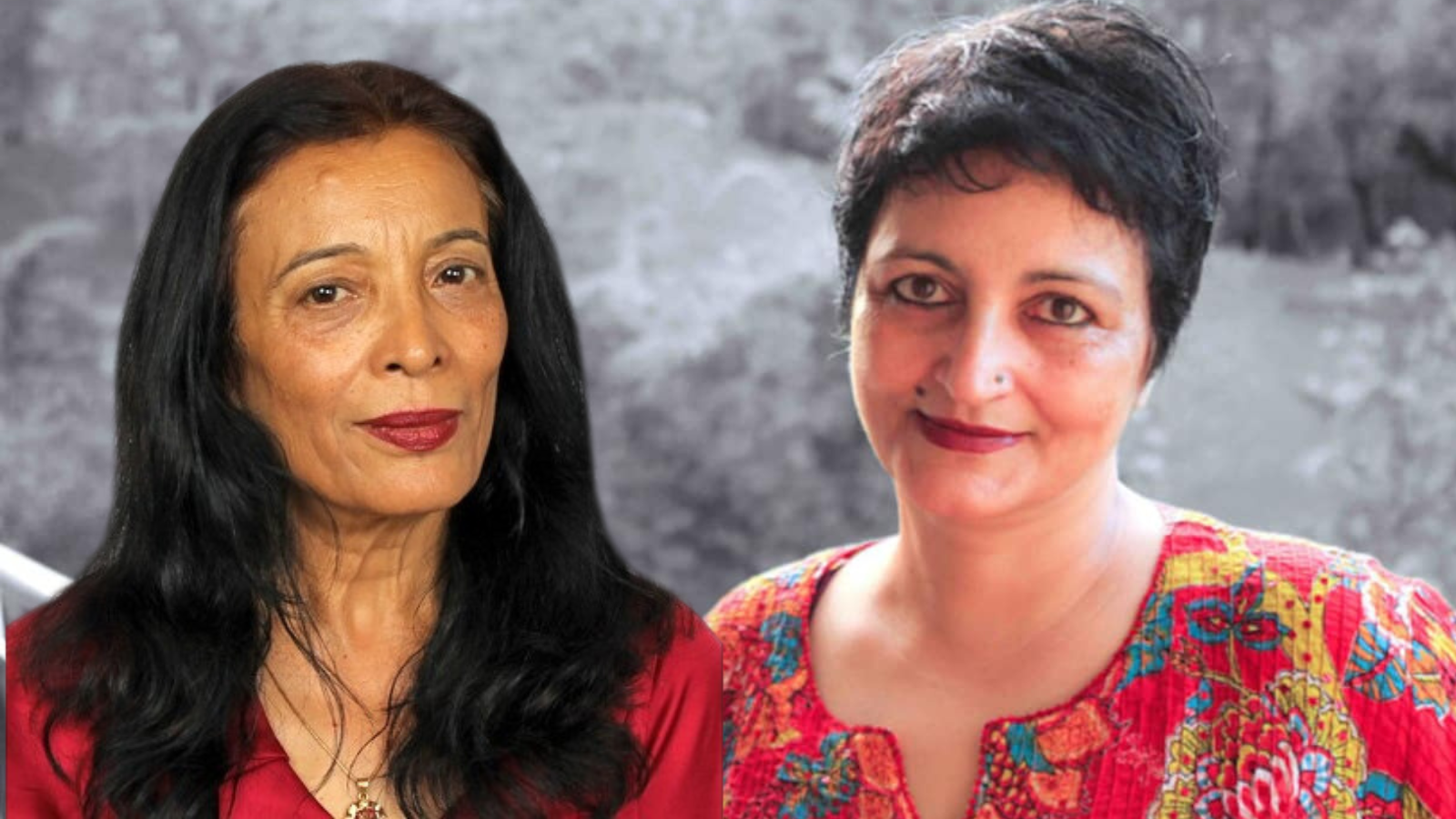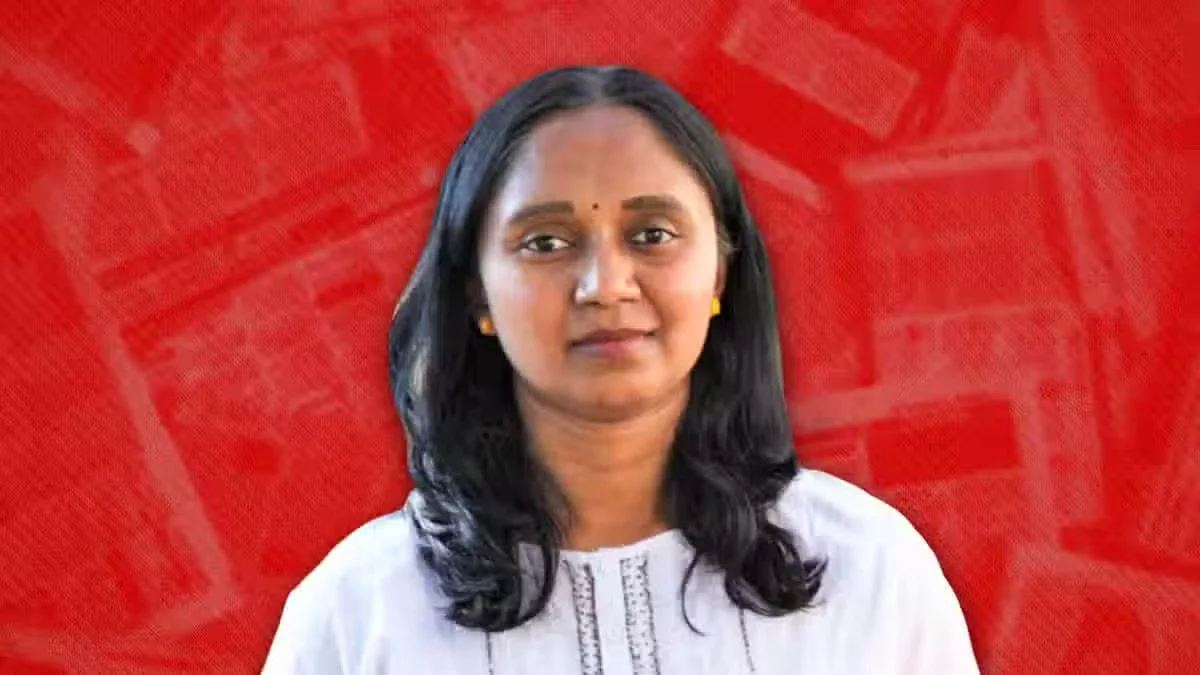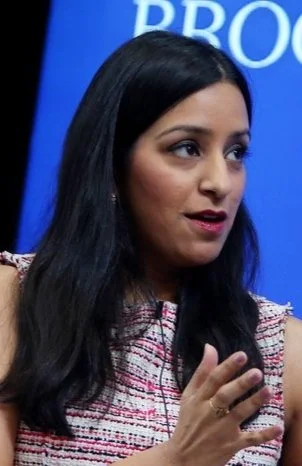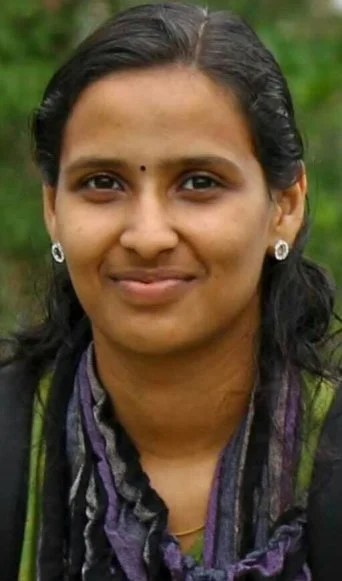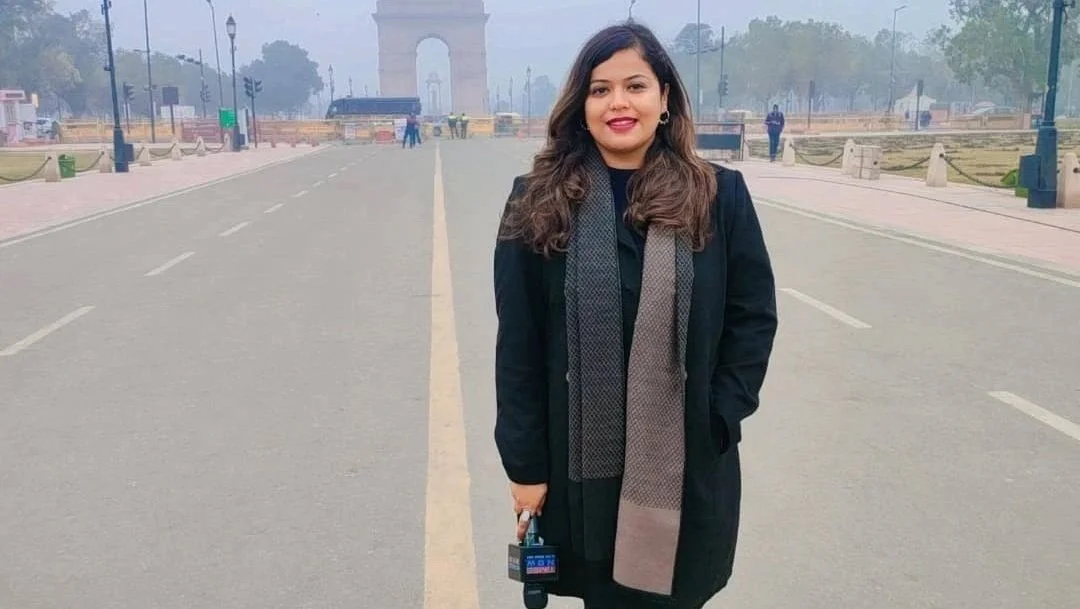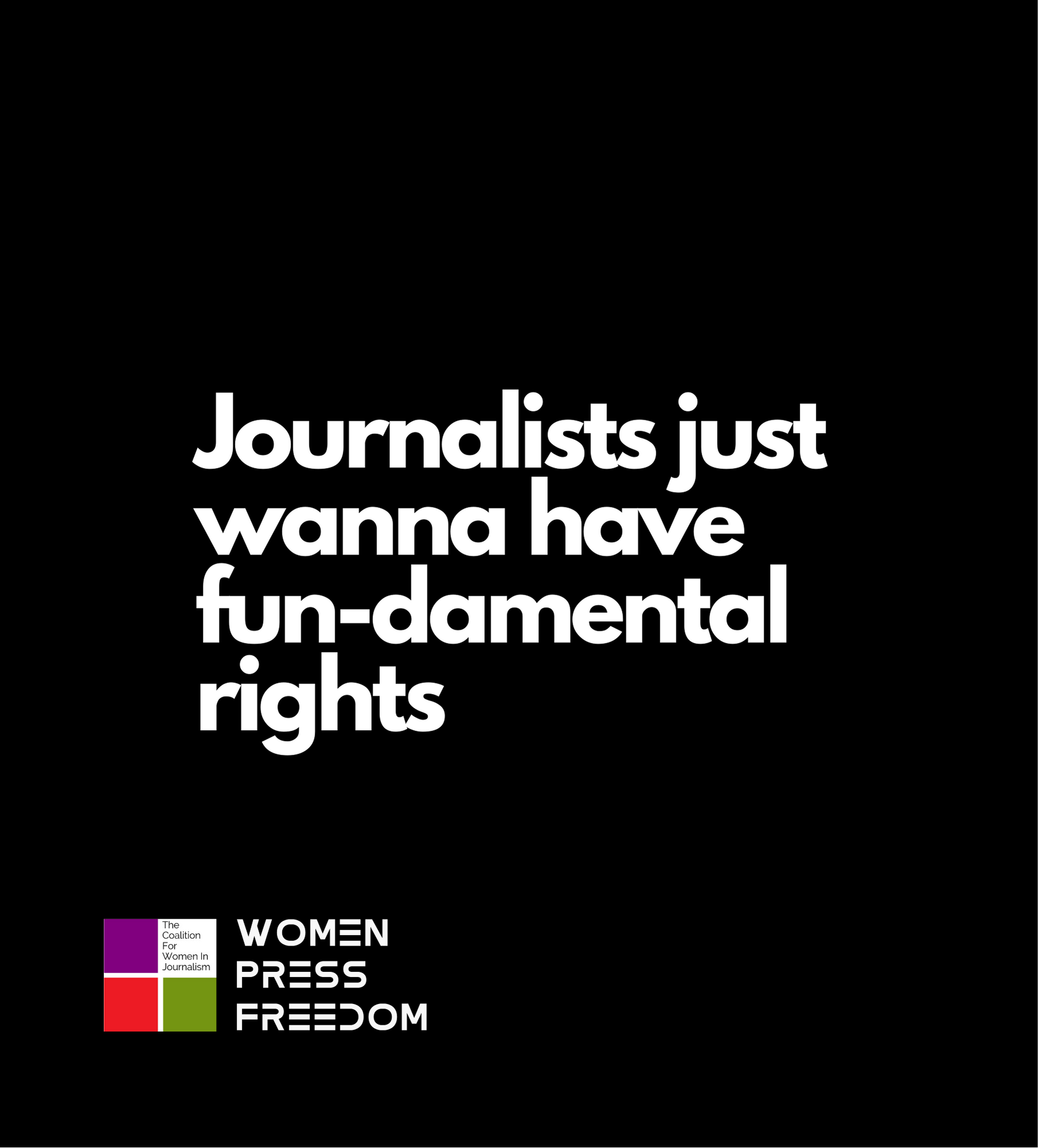India: British-Kashmiri Nitasha Kaul Denied Entry to India at Bengaluru Airport
Immigration officers claim denial orders came from New Delhi
Location: India, BengaluruDate: February 25, 2024Women Press Freedom vehemently denounces the incident involving British-Kashmiri Professor Nitasha Kaul, who was denied entry into India upon her arrival at Bengaluru Airport on February 25, 2024. The refusal to allow Professor Kaul entry into the country, especially in light of her valid documentation and the official invitation from the Government of Karnataka, is a troubling indication of the Indian central government's approach towards voices of dissent and critique. The fact that a state government invited her to participate as an esteemed delegate in a conference only to be turned away by the central authorities underscores a worrying trend of centralized control and suppression of free speech. This incident is not isolated but part of a larger pattern of actions against journalists, academics, and critics of the government. The earlier case of French journalist Vanessa Dougnac, who was compelled to leave India under pressure from the Indian Home Ministry, serves as another stark reminder of the challenges facing press freedom and freedom of expression in India. Women Press Freedom demands an apology from the Indian government to Professor Kaul and calls for a commitment to safeguarding the rights of all individuals to freely express their views, regardless of their political or ideological perspectives. It is imperative that the Indian government, as well as state governments such as Karnataka, ensure transparency, due process, and the protection of fundamental rights, in accordance with India's democratic values and constitutional commitments.
Read latest reports from the globe
British-Kashmiri professor and writer Nitasha Kaul was denied entry into India on February 25, 2024, upon her arrival at Bengaluru Airport. Professor Kaul, a respected academic based in London, was slated to attend a conference in Karnataka, having been extended an invitation by the state government. Despite possessing valid travel documents, including a UK passport and an Overseas Citizen of India (OCI) card, she was turned away by immigration officers, who reportedly acted on directives from New Delhi.
In a series of tweets, the London-based writer described her ordeal, stating she was invited as an esteemed delegate but was refused entry by the central government. She highlighted the absence of any prior notification regarding the denial of entry and shared images of her invitation and other conference-related communications.
“I was invited to a conference as esteemed delegate by Govt of #Karnataka (Congress-ruled state) but Centre refused me entry,” Kauls says. “All my documents were valid & current (UK passport & OCI)”
The refusal raises questions about the Indian government's approach to dissenting voices, especially against the backdrop of the country's polarized political climate. Kaul, known for her critical views on Hindutva politics and the Bharatiya Janata Party (BJP), suggested that her critique of the Rashtriya Swayamsevak Sangh (RSS) — a right-wing, Hindu nationalist organization — might have been a factor in the decision.
Kaul recounted the treatment she received during her detention at the airport. She described being held for over 24 hours without proper access to food, water, or basic amenities, before being placed on a flight back to London.
“(They) provided no info on process, then 24 hours in a holding cell (no BA flight back until next day) under direct cctv w restricted movement, a narrow area to lie down,” Kaul wrote about the treatment she received at the airport, adding “and no easy access to food and water, made dozens of calls to airport for basic things as a pillow and blanket, which they refused to provide.”
Following the incident, the Karnataka wing of the BJP quickly termed the professor “anti-India element” and a member of the “Break India Brigade,” indicating her “hatred” for the country.
Press freedom in India remains threatened by the restrictive environment created by the current administration being led by Modi. Earlier this year, the Indian Home Ministry threatened to deport French journalist Vanessa Dougnac two years after revoking her work visa. The government's move to label Dougnac's journalism as "malicious and critical" forced the journalist to leave the country on February 16.
Women Press Freedom stands in solidarity with Professor Nitasha Kaul. We call upon the Indian government to clarify the reasons behind such arbitrary decisions and ensure that such incidents do not recur. The government must demonstrate its commitment to democratic values by facilitating, rather than hindering, the free exchange of ideas and respecting all individuals' rights to participate in global dialogues. An apology to Professor Kaul and a reevaluation of the treatment of dissenting voices are critical steps toward restoring faith in India's commitment to democracy and freedom of expression.
Women Press Freedom is an initiative by The Coalition For Women In Journalism
The Coalition For Women In Journalism is a global organization of support for women journalists. The CFWIJ pioneered mentorship for mid-career women journalists across several countries around the world and is the first organization to focus on the status of free press for women journalists. We thoroughly document cases of any form of abuse against women in any part of the globe. Our system of individuals and organizations brings together the experience and mentorship necessary to help female career journalists navigate the industry. Our goal is to help develop a strong mechanism where women journalists can work safely and thrive.
If you have been harassed or abused in any way, and please report the incident by using the following form.








